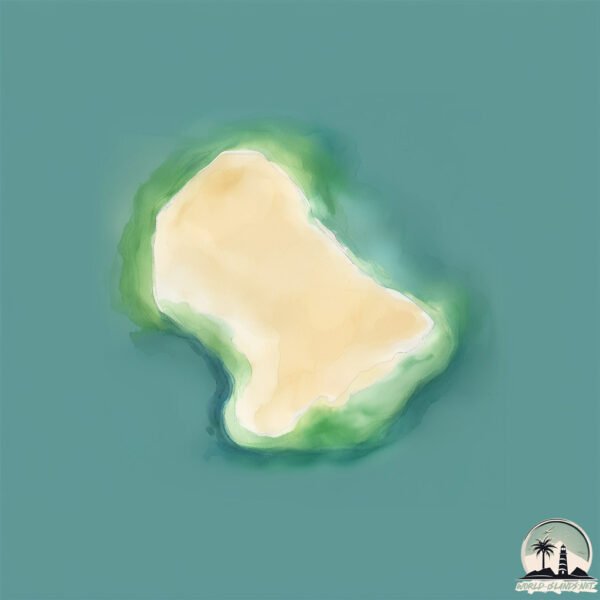Picard Island

Welcome to Picard Island, a Dry island in the Indian Ocean, part of the majestic Indian Ocean. This guide offers a comprehensive overview of what makes Picard Island unique – from its geography and climate to its population, infrastructure, and beyond. Dive into the details:
- Geography and Size: Explore the island’s size and location.
- Climate and Weather: Weather patterns and temperature.
- Topography and Nature: Uncover the natural wonders of the island.
- Infrastructure and Travelling: Insights on reaching, staying, and making the most of your visit.
- News and Headlines: Latest News.
Geography and size of Picard Island
Size: 0.117 km²
Coastline: 1.4 km
Ocean: Indian Ocean
Sea: Indian Ocean
Continent: Oceania
Picard Island is a Tiny Island spanning 0.117 km² with a coastline of 1.4 km.
Archipel: –
Tectonic Plate: Australia – A major tectonic plate covering Australia, New Zealand, and parts of the Indian and Pacific Oceans, known for its relative stability and occasional seismic activity.
The geographic heart of the island is pinpointed at these coordinates:
Latitude: -20.68186045 / Longitude: 117.26511029
Climate and weather of Picard Island
Climate Zone: Dry
Climate Details: Hot Deserts Climate
Temperature: Hot
Climate Characteristics: Dominated by extremely hot temperatures, this climate is marked by minimal rainfall and barren landscapes. Nights often experience drastic temperature drops.
Topography and nature of Picard Island
Timezone: UTC+08:00
Timezone places: Australia/Perth
Max. Elevation: 2 m
Mean Elevation: 2 m
Vegetation: Mangrove Forest
Tree Coverage: 15%
The mean elevation is 2 m. The highest elevation on the island reaches approximately 2 meters above sea level. The island is characterized by Plains: Flat, low-lying lands characterized by a maximum elevation of up to 200 meters. On islands, plains are typically coastal lowlands or central flat areas.
Dominating Vegetation: Mangrove Forest
Found in coastal areas and river deltas, these unique wetland ecosystems are adapted to saline conditions and are crucial for coastal protection and biodiversity. Picard Island has a tree cover of 15 %.
Vegetation: 1 vegetation zones – Minimal Diversity Island
These islands exhibit the most basic level of ecological diversity, often characterized by a single dominant vegetation type. This could be due to extreme environmental conditions, limited land area, or significant human impact. They represent unique ecosystems where specific species have adapted to thrive in these singular environments.
Infrastructure and Travelling to Picard Island
Does the island have a public airport? no.
There is no public and scheduled airport on Picard Island. The nearest airport is Karratha Airport, located 55 km away.
Does the island have a major port? no.
There are no major ports on Picard Island. The closest major port is PORT WALCOTT, approximately 10 km away.
The mean population of Picard Island is 3 per km². Picard Island is Gently Populated. The island belongs to Australia.
Continuing your journey, Depuch is the next notable island, situated merely km away.
Life on Pitcairn Island - home of the descendants of the mutineers from HMS Bounty



Australia is classified as Developed region: nonG7: Developed economies outside of the Group of Seven, characterized by high income and advanced economic structures. The level of income is High income: OECD.
News – Latest Updates and Headlines from Picard Island
Stay informed with the most recent news and important headlines from Picard Island. Here’s a roundup of the latest developments.
Please note: The data used here has been primarily extracted from satellite readings. Deviations from exact values may occur, particularly regarding the height of elevations and population density. Land area and coastline measurements refer to average values at mean high tide.
